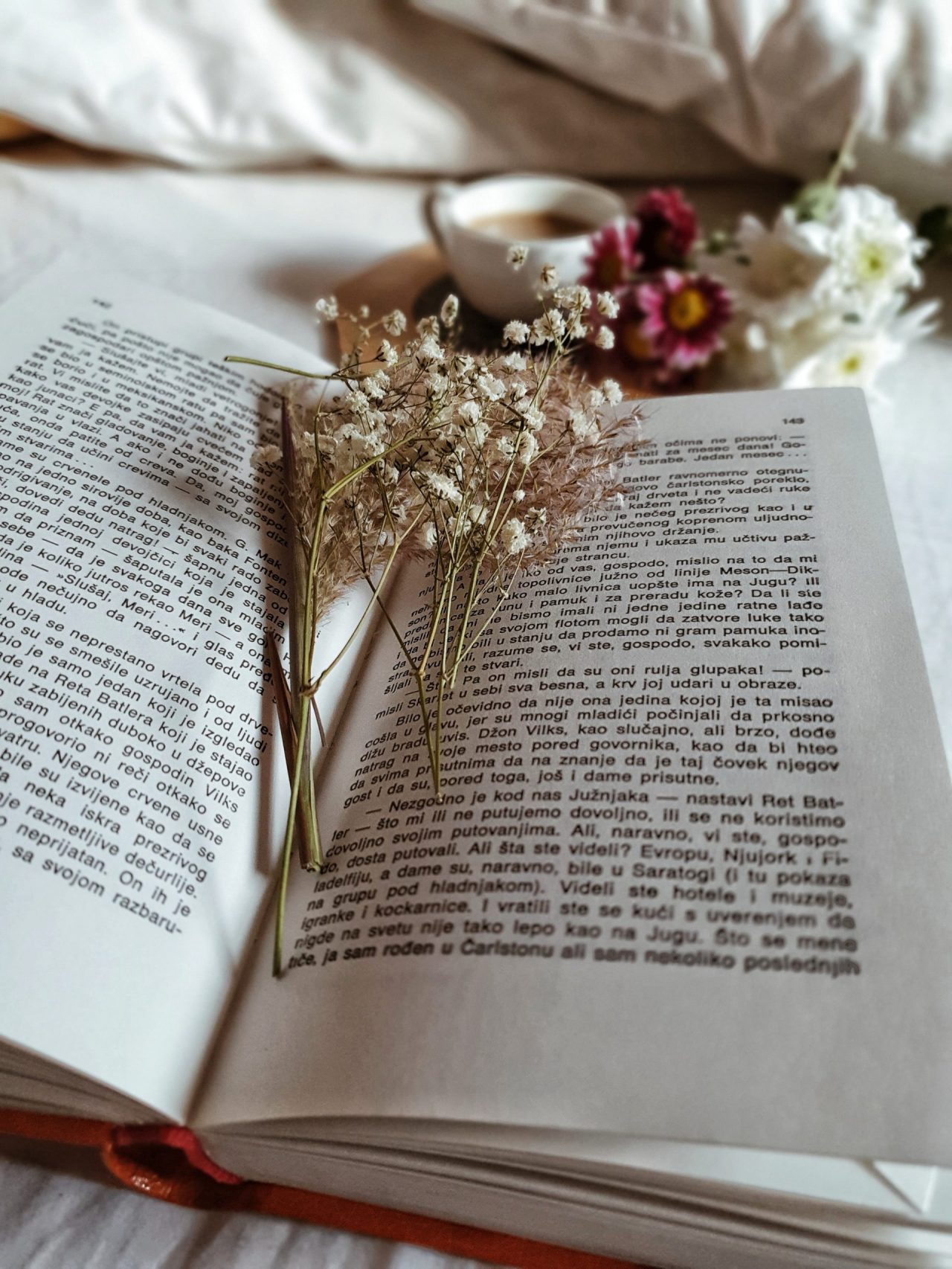
The Downside To Being A Romantic That No One Talks About
I have a hypothesis: every contemporary, new adult romance novel I have read has a common denominator in their design. Almost always, it all boils down to the same beginning, middle, climax, and end. 99.9% of the time, they also have the same trope. And 99.9% of the time, they have the same effect on me. And like clockwork, I am always flushed down to the same inescapable rabbit hole.
But this did not stop me from devouring three to four books in a month. I love the blissful escape that comes along with every read—the places it takes me, the people, and the secondhand imaginary experiences in romance. The latter one being the ultimate danger if left unchecked and balanced with reality.
Therein lies the design flaw. We become so engrossed and sucked by the whirlwind of romance vividly written in the pages of the New York Times bestseller that the fiction and reality mesh. Our minds create an illusion and force us to believe romance is exactly as how the author described it to be. And so we devour more and more romance novels and we breathe life into the illusion. Hence, the birth of a romantic.
British philosopher Alain de Botton’s talk on romanticism has pulled me out of my wishful thinking. Well, that and several deep conversations with my therapist on the subject. In his talk, de Botton satirically described how romantics view the world and romance collectively. It was painfully true—I can identify with every account he mentioned because I have lived them. He ever-so-clearly described how a romantic would behave—more so how a romantic would think and perceive their partners should behave.
“But often the romantic view is to say, ‘If you loved me, you wouldn’t criticize me.’ Actually, true love is often about trying to teach someone how to be the best version of themselves.”
And this is something that none of the romantics would openly admit or discuss. Romanticism has given birth to almost-unrealistic expectations when it comes to love and romance. Crown me guilty because I, too, have developed so many unrealistic expectations of myself, my partner, and the bubble we call romance around us. The situation wasn’t helped by the fact I continuously read rom-com novels like a hungry shark.
However, here’s the silver lining: We all can escape the clutches of unrealistic expectations on love and romance as a result of romanticism.
In one of my mindfulness sessions with my therapist, she mentioned how fiction and reality mesh where mindfulness is ignored. The key is mindfulness.
Romance novels are great escapes and the publishing world has produced a gamut of titles under this genre alone. How could it not? Romance was and remains to be one of the basic human experiences—and will remain evergreen.
In mindfulness sessions, we are taught how to meditate. For those who are new to meditation, it is an accepted truth that concentration is a challenge because our minds are essentially pulled apart by many distractions around. Why do you think therapists ask us to find a comfortable and silent place to begin with? Pulling yourself back to the center would require mental stamina and it is achievable through constant practice of meditation.
The same is true to free one’s self out of the clutches of romanticism. It requires a great deal of mindfulness to acknowledge and separate fiction from reality. Sure, fiction is something that’s inspired by reality. But one has to know how to mitigate what is feasible and what is not—to separate unrealistic expectations from realistic experiences.
Romance novels are designed to tickle our minds and tug our heartstrings. They can inspire and make us believe that romance is not dead in the digital age. Romanticism is a movement that will continue to gain a following around the world. I, for one, will continue to read romance novels. However, now I have a more mindful approach to it, because the real world is not just a walk in the park where poppies bloom in the early summer’s day or two lovers ready to partake in their shared piece of forever.
The real world is messy and unkind and realistic in the sense that you would have to kiss a number of frogs before finding The One.
